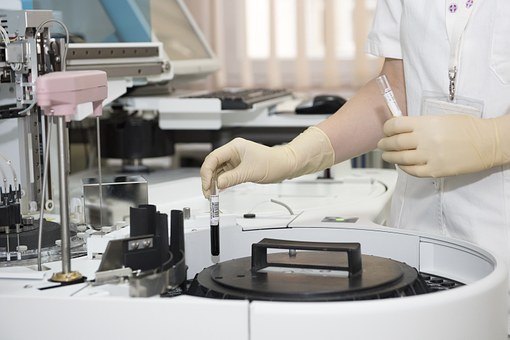On 18 October, the American Food and Drug Agency (FDA) authorised the market launch of gene therapy, Yescarta, to treat adults suffering from an aggressive form of non-Hodgkin’s lymphoma – a tumour that attacks the lymphatic system. Almost 3,500 individuals could be affected annually in the United States. This is the second American authorisation for this category of treatment which “genetically modifies a patient’s immune system to enable it to fight cancer cells“. The first authorisation was granted in August for Kymriah manufactured by Novartis Laboratories. This drug treats an aggressive form of leukaemia in children and young adults (see United States approve the first gene therapy against leukaemia).
“Within just a few decades, gene therapy has developed from a promising concept to a genuine solution for treating potentially fatal diseases and incurable forms of cancer,” announced Dr. Scott Gottlieb, Director of the FDA. However, “the side effects of these gene therapies can be very severe, even fatal“. For Yescarta, which will cost $373,000, the clinical trial that led to its market launch showed that, out of 111 patients, “80% were still alive” six months after treatment and “39% had no sign of cancer after a median follow-up period of 8.7 months” – a substantially greater proportion “than that recorded with conventional anti-cancer treatments such as chemotherapy“. It was “initially developed by American national health institutes and the patent was filed by Kite Pharma“, recently taken over by the Gilead Group.
For its part, “Novartis is planning to ask the FDA for permission to use Kymriah to treat patients with other forms of blood cancer” and “hopes to develop gene therapies to treat solid tumours such as lung, prostate, colon and breast cancers“.
AFP (19/10/2017)

